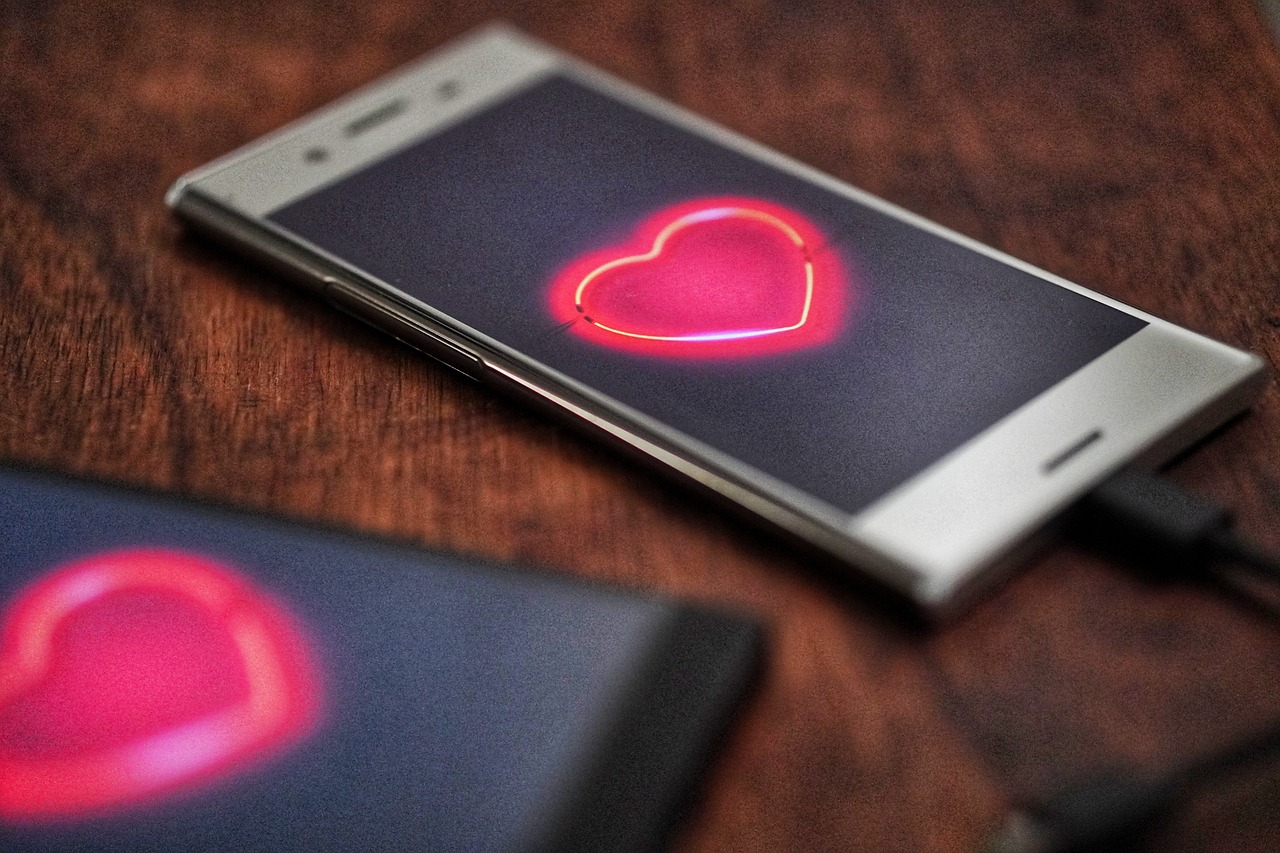Addiction to dating apps

In today's world, dating apps have become an integral part of our lives. Tinder, Bumble, Hinge, Aisle, and Happn are some of the trending dating apps that grab our attention whether on the billboards, through the ads on the internet, or in our mobile phone's respective app store.
Dating Apps: Virtual Connections, Real Limitations
Dating apps are being downloaded by a wide spectrum of users of different age groups, ethnicities and orientations. These dating apps have certain features which help one to find like-minded people across the platform, but there's one catch and it's a big one.
Although dating apps help one virtually find a date and can recommend people with similar outlooks whom we can later meet up with personally; they cannot make these people love or like us as a person and this limitation is not even the tip of the iceberg.
The Dark Side of Dating Apps: Addiction and Well-Bein
While these sites provide an easy and convenient way to meet new people, they can also lead to addiction. Yes, lately people are becoming addicted to dating apps. Addiction to dating apps can have a significant impact on one's mental and emotional well-being.
The Allure and Dangers of Dating App Addiction
Researchers have been burning the midnight oil to find the cause of the addiction to dating apps. The reason for addiction to dating apps is the instant gratification they provide. The ease of meeting different people and gaining their validation is addicting for many individuals and they eventually seek more of this feeling.
As a result, one starts investing their energy and resources in this and may start losing themselves. Users can quickly swipe and match with potential partners, leading to a sense of exhilaration. This can make one feel that there is a great availability of suitors. Users will find it difficult to quit using the app, as they become dependent on the positive feelings it provides.
Dating App Anxiety: FOMO and Loneliness
We can see people rapidly checking different dating apps and still being anxious while at it. The fear of missing out and the fear of being alone drive a lot of people into excessive indulgence in these dating apps. This may also be a means to kill the loneliness and boredom for some.
Navigating Rejection and Toxicity on Dating Apps
Even though we know that not everyone we meet or see will like us, it is not easy to accept rejection and failure, whether in education, career, finance, marriage proposals, and the like. Similarly, users of these apps may or may not like the profile that matches with theirs.
In certain cases, even though they match, they may not be able to meet or date each other. Many participants have reported that they have faced
abusive and toxic texts from other participants. We can block such participants but it is difficult to rid of what they said in our minds and this causes stress.
-
A study conducted in August 2016 by Jessica Strubel and Trent Petrie of the University of North Texas, found that those who use dating apps frequently have a higher level o f social anxiety and a lower level of self-esteem compared to those who use them less often.
-
Flirting and casual relationships make it difficult for individuals to develop meaningful connections and long-term relationships.
-
Flings can often become abusive for many individuals.
-
Trust issues arise for those who constantly get rejected. This kind of experience causes sadness in many participants, and in many cases, they may even harm themselves and/or others.
-
This 'like-and-dislike' has given rise to the Hype Culture, which makes one popular or uncool on social media and that in turn becomes toxic for many people. It takes a huge toll on the mind, body and health, as these become a measure to assess validation by others.
-
Anxiety, depression, the feeling of not being loved and liked, feeling unwanted, feeling unattractive, and unloved, seem to be on the rise among a lot of users.
Adolescence and the Perils of Excessive Self-Concern on SNSs
Once in a while one should indulge in a digital detox and get close to nature. We need to be able to connect with other people and have meaningful conversations. We should try to understand our preferences, observe what works for us, understand our strengths, and realize that everyone is not meant for us.
As technology peaks, the internet might provide us with a lot of services but it might not be able to offer us love, affection or warmth. In the end, we have to control not just our keyboard and keypad but our minds too.
We need to understand that virtual life is not real life.








